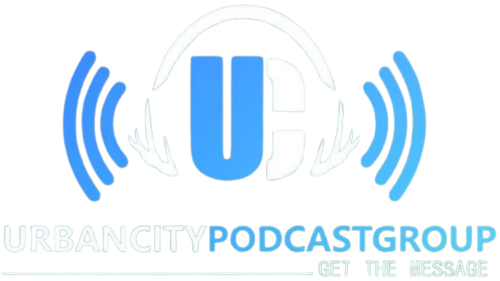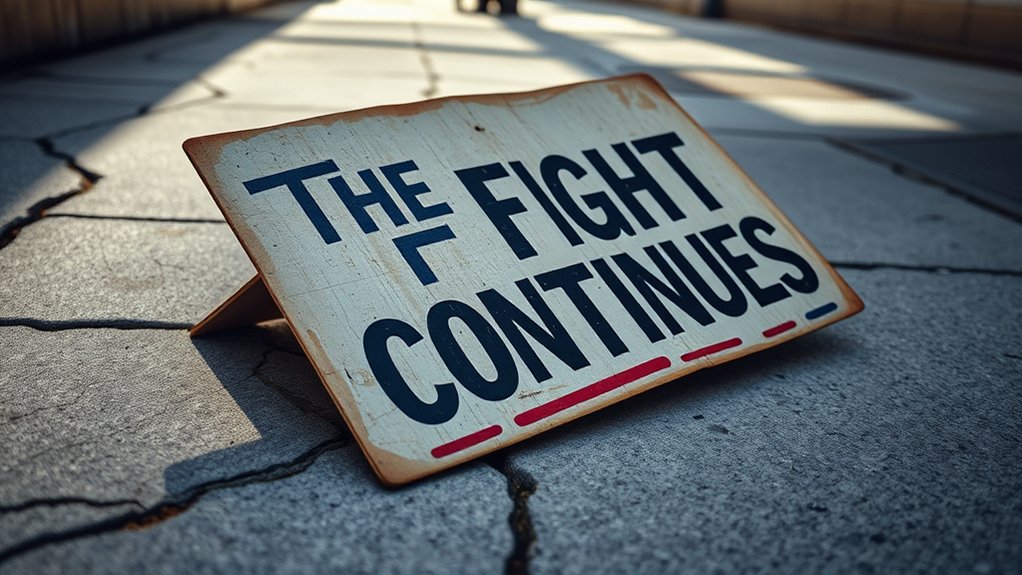Key Takeaways
- The Civil Rights Movement is ongoing due to persistent racial disparities in various sectors such as employment, education, and healthcare.
- Some current policies continue to threaten fundamental rights.
- Modern activists are emerging, striving for substantial change towards equality.
The Continuing Struggle for Civil Rights
You might think the Civil Rights Movement ended, but it hasn't. Racial disparities still affect opportunities in work, school, and even in health. Some policies threaten basic rights today.
But you're not alone; modern activists are on the rise, pushing for real change.
Imagine building a future where everyone has a fair chance. Ready to investigate how you can be part of this vibrant journey for equality? Let's immerse ourselves!
Persistent Racial Disparities
When you think about achieving economic equality, it's crucial to address the persistent racial disparities that affect people's daily lives. Economic inequalities are evident as Black and Hispanic communities face a wealth gap, with more significant poverty and income challenges compared to white Americans. Racial inequality hampers overall economic growth; therefore, investing in marginalized communities is vital for economic innovation and productivity. Educational inequities limit access to quality resources and advanced courses, affecting college readiness and future opportunities. Latino families, for instance, only hold 19 cents of wealth for every dollar of white wealth, highlighting systemic barriers. Housing discrimination continues as historical practices like redlining restrict minority homeownership, hampering wealth accumulation. Health disparities are also glaring, with racial minorities lacking access to quality healthcare, facing environmental health risks, and struggling with mental health services. Public policy directly influences health and well-being, and advocating for equity can drive significant community changes. Understanding these issues empowers you and your community to advocate for change, emphasizing the importance of equal access across all sectors for everyone.
Challenges From Policy Threats Like Project 2025
Although major strides have been made since the Civil Rights Movement, challenges such as Project 2025 threaten to undo this progress and impact your daily life. Policy implications involve radical shifts that risk dismantling civil rights protections. Project 2025 could undermine electoral integrity by:
- Restricting Voting Rights: Criminalizing election-related offenses and limiting voter roll access suppresses votes.
- Data Manipulation: Politicizing Census Bureau data could erase vital representation for minority communities.
- Education Dismantling: Cutting Title I funding affects low-income schools and increases inequality.
These changes disproportionately affect Black and LGBTQ communities, inflating existing disparities in education, housing, and voting rights. Modern tactics like polling closures in predominantly Black and Latino neighborhoods contribute to this problem, revealing the continuity of historical suppression efforts. Your voice matters in defending these rights, ensuring a fair and just society for everyone. Let's stand together and protect the progress of civil rights!
The Role of Modern Activism and Advocacy
Modern activism and advocacy thrive in the spirit of the civil rights movement, encouraging people like you to stand up for justice and equality.
You can see how social justice organizations today draw inspiration from historical movements, addressing systemic racism, socio-economic disparities, and more. Their success relies on community engagement, where grassroots initiatives unite locals to challenge discrimination.
Advocacy strategies are diverse, including coalition building across immigrant, women's, and LGBTQ+ rights. These movements use nonviolent resistance and direct action like sit-ins to demand change, while social media spreads awareness.
Large-scale mobilizations reinforce these efforts, inspiring public policy changes and legislative lobbying.
Future Directions for Civil Rights Progress
Just as modern activism is rooted in the spirit of the civil rights movement, we're looking forward to the future of civil rights progress.
You've got the power to shape this future with economic strategies and technological equity.
Here's how you can contribute:
- Economic Strategies: Advocate for full employment programs and national economic planning. Addressing automation's impact on jobs is vital.
- Technological Equity: Push for fair use of AI and tech in public and private sectors. Algorithms should be free from bias and promote equality.
- Continued Advocacy: Champion anti-discrimination laws that tackle new challenges in housing and employment.
Conclusion
Your Role in the Journey for Equality
You're an essential part of this ongoing movement for justice and equality. Did you know that Black families earn just 61 cents for every dollar earned by white families? That's a significant disparity! Today's activism goes beyond protesting; it involves supporting policies that uplift communities and help bridge these divides. So, keep engaging, keep advocating for change, and remember—every effort matters in building a more equitable future for everyone. Your actions can truly make a difference!










